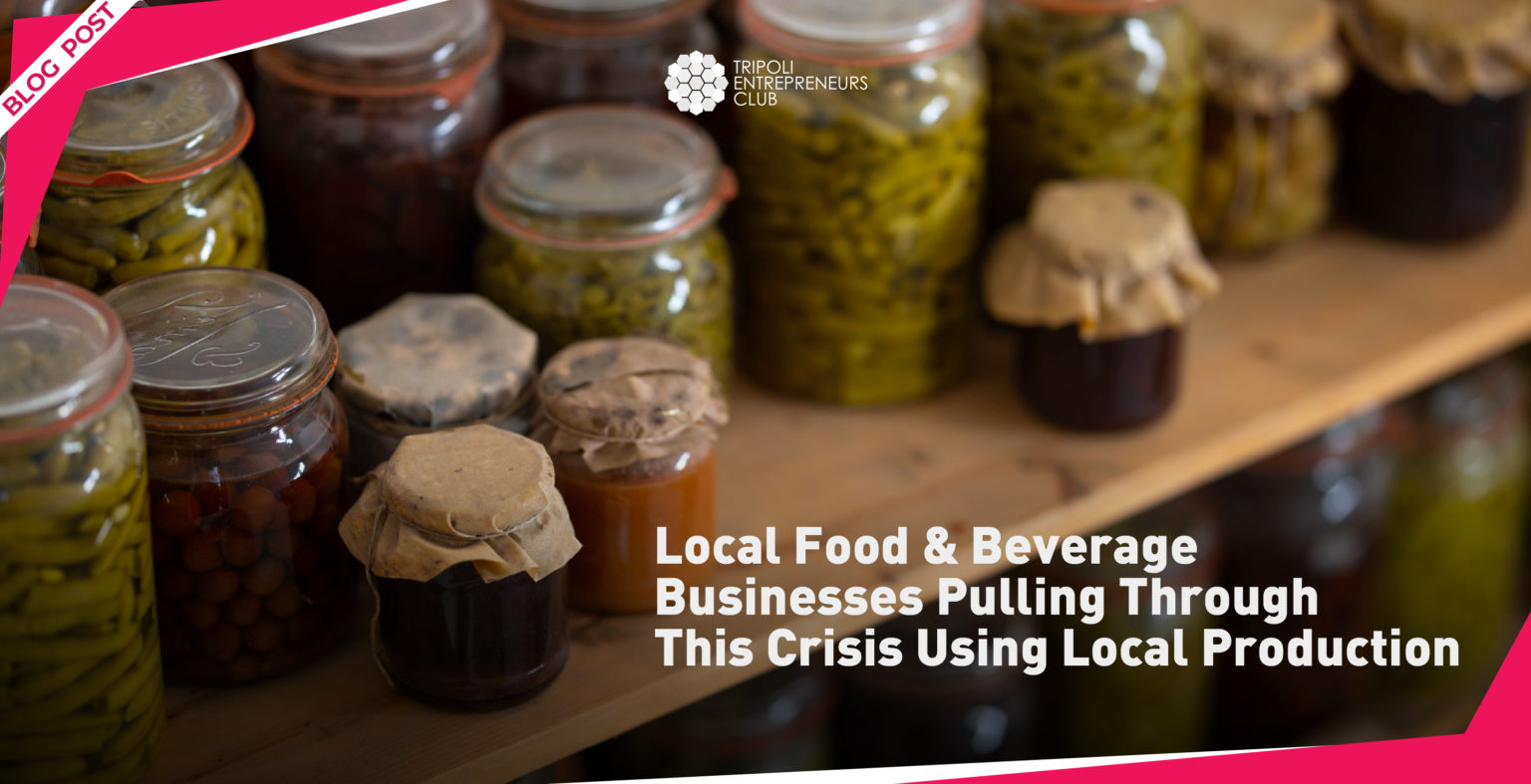
Shopping at the supermarket has turned into an entirely different experience lately. Passing by the aisles of foreign food products, you may have noticed that a lot of your favorite brands are no longer available. The shelves have become emptier and the prices have become much higher. On the other hand, if you take a stroll further down the supermarket, you’ll know you’ve reached the locally produced food brands aisle when you see the fully stocked shelves of “made in Lebanon” brands along with the heavy flow of eager shoppers.
Why has Lebanon taken a major shift towards locally produced brands?
Due to the devaluation of the local currency, the Lebanese lira has gone down 10 times its initial value in the past 2 years, making the purchase of imported foreign brands much more expensive.
Who Has Been Affected by This?
Consumers:
Despite the spike in prices, employee salaries have virtually stayed the same. This has led to a drop in consumer purchasing power, making consumers more price-oriented and less quality-oriented.
Businesses:
Of course, businesses have been dealt a great deal of damage as well. They’ve had to push up their prices significantly to complement the increasing prices of goods & imported raw material.
What Opportunities Has This Created For Local F&B Businesses?
Where problems arise, opportunities tend to follow. Despite all the crippling challenges, we’re still noticing an increase in local brands on the Supermarket shelves. This is because many aspiring entrepreneurs have realized that the most advantageous way to manage during this crisis, is by relying as much as possible on local production. By producing locally-made foodstuff and F&B related products, they can cut down their costs and provide consumers with fresh, affordable products at competitive quality to foreign brands. As you may have noticed, it seems to be working out quite well for them.
As consumer needs have shifted towards local brands, it has become hard not to notice the rising wave of F&B businesses in Lebanon that are taking advantage of local production as a way to emerge out of this recession.
Examples of These Businesses:
Here are some of these local businesses we’ve had the pleasure of working with as part of our Business Empowerment Unit. See if you recognize any of them
Pawa Cold Coffee Brewery
Pawa makes unique cold-brewed coffee that is 100% natural and contains zero calories. They also use locally grown coffee beans sourced from field to bottle.
Loqma
Loqma is a sweets shop in Tripoli mostly popular for making its deliciously innovative chocolate infused awaymat with a variety of toppings.
Jar Thuraya
Jar Thuraya is an online marketplace that produces “Mouneh” products from around Lebanon. They work on empowering women to become financially independent while also acknowledging their efforts. Jar Thuraya’s goal is to highlight the importance of our intangible heritage through local food as well as the importance of youth involvement in its preservation and resilience. The brand is 100% eco-friendly and is focused on gender equality and economic empowerment.
Firas Laalaa Honey
As the ambitious founder of Laalaa Honey, Firas founded his business at 23 years old. Since then, his business has grown by making and selling organic honey and honey-related edibles in locally produced packages, jars, and gift boxes.
Sheghel Emeh
Offering a flavourous twist, Sheghel Emmeh makes mouneh products that appeal to the youth. Examples of these products include mango arishe and blackberry jam. By replacing imported products with alternative ingredients, Sheghel Emmeh fully supports local production and provides affordable products.
Rachkida
As the co-founders of Rachkida, Rim and her fiance also produce special mouneh products such as ketchup, barbecue sauce, sundried tomatoes, and mini eggplants among other delicious items.
What Support Do We Offer To Local Businesses?
The main purpose of our Business Empowerment Unit is to help local businesses manage and grow through this crisis.
We do so using different methods of support:
One of the most important things we focus on is operations optimization. This includes reducing the business’s costs by helping them properly manage their supply chain, optimizing their production process, and recruiting qualified and dedicated employees through an effective HR structure.
The second type of support we focus on is helping our businesses meet quality market standards. When a business in the F&B industry is working on developing a distributable product , we offer resources and specialized support from agrofood experts to help in areas such as, food safety, extending product shelflife, tracibility, etc..
The third form of support we offer is on the Marketing level. After optimizing the business’ operations and ensuring product quality, the next step is using the proper marketing strategies to access new local and international markets.
Once these businesses progress and become market-ready, we provide them with access to funding in order to fund their action plans, execute their strategies, and cover necessary expenses. In addition to this, we also introduce them to our network of eager angel investors who are constantly searching for potential partnerships with promising businesses.
Interested to learn more about our Business Empowerment Unit?
Are you a local business owner looking to sustain or grow your operations? Join Now!

